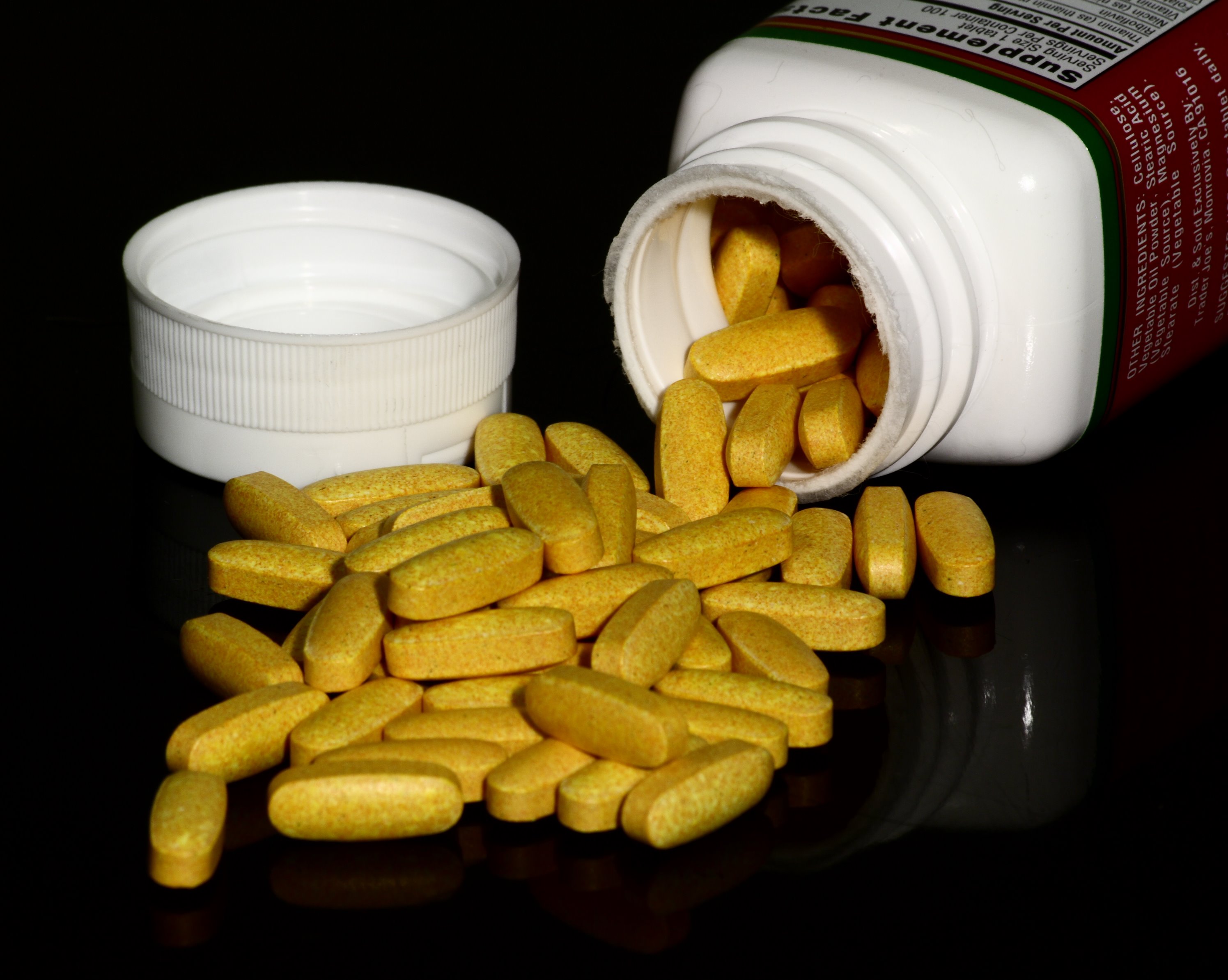During a recent seminar in Prince George, David Stephan made some ambitious claims about what his supplement EMP can do. These included assertions that EMP can reduce and even eliminate the symptoms of mental illness.
MyPrinceGeorgeNow decided to look into some of the hype around the supplement.
“Is the information that would try and convince us this is something we should do based on facts or on personal stories?” asks Flo Shepherd, Northern Health’s Chief Dietitian in Population Health. “Because nutrition advice and action should really be based on the best scientific evidence.”
Stephan cites multiple research studies that he says prove the safety and effectiveness of EMP. But Shepherd says not all studies are created equal.
“Are those research studies good studies? Just because there’s a study doesn’t mean it’s a good study. It has to have good study design. It has to have good sample size. A study of 2 or 3 or 10 people really doesn’t lead us to a conclusion that would work for everybody.”
The golden standard for research studies is the double-blind, placebo-controlled trial.
Marvin Ross is a writer and publisher with a focus on mental health. He’s been covering EMP since the early 2000s and has some concerns about the studies supposedly touting EMP’s effectiveness.
“Some of them only have 1 or 2 people in them. None of them are double-blind, placebo controlled. The only double-blind study that has ever been done on EMPower was on fibromyalgia and the results were nothing.”
Of 23 studies cited by TrueHope, EMP’s manufacturer, many included sample sizes of less than 50 people and none were identified as double-blind. Others relied on self-reported data. One cited review conducted by Rucklidge and Kaplan in 2013 and published in the Expert Review of Neurotherapeutics, actually lists this conclusion in its abstract:
“There is evidence for the efficacy of micronutrients in the treatment of stress and antisocial behaviours as well as depressed mood in nonclinical and elderly populations.
However, despite preliminary positive findings, there is less data available to support efficacy of micronutrient formulas in treating bipolar disorder, ADHD, substance abuse/dependence and no clinical trials have been done with clinically depressed or anxious samples, psychosis or eating disorders.”
Other claims about EMP also raise red flags. Stephan claims minerals can be the biggest mediating factor in mental illness and that by taking mineral supplements, specifically his product, the symptoms of these disorders can be lessened or eliminated.
But is it really that simple?
“Nobody really know what causes bipolar disorder or chronic depression but I have never seen anything that says if you are deficient in certain vitamins or minerals, you will develop a mental disorder,” says Ross
Shepherd cautions against silver bullet treatments.
“It’s very difficult to isolate a single thing as being a solution to what are typically very complex issues.”
Dieticians of Canada has a checklist for evaluating claims made about vitamin and mineral supplements and other nutrition products.
“I often will say to individuals that I’m speaking with, what’s the distance between the product and the person who will tell you you have a problem? Because the further that distance, the better.”
In the case of EMP, that distance is non-existent. It was developed by Anthony Stephan, David’s father.
Ross strongly cautions anyone who suffers from a mood disorder and is considering taking EMP.
“Don’t and if you do, do not go off your psychiatric medication.”
For more information on the labelling and marketing of natural health products in Canada, you can visit Health Canada’s website.
Something going on in the Prince George area you think people should know about?
Send us a news tip by emailing [email protected].







